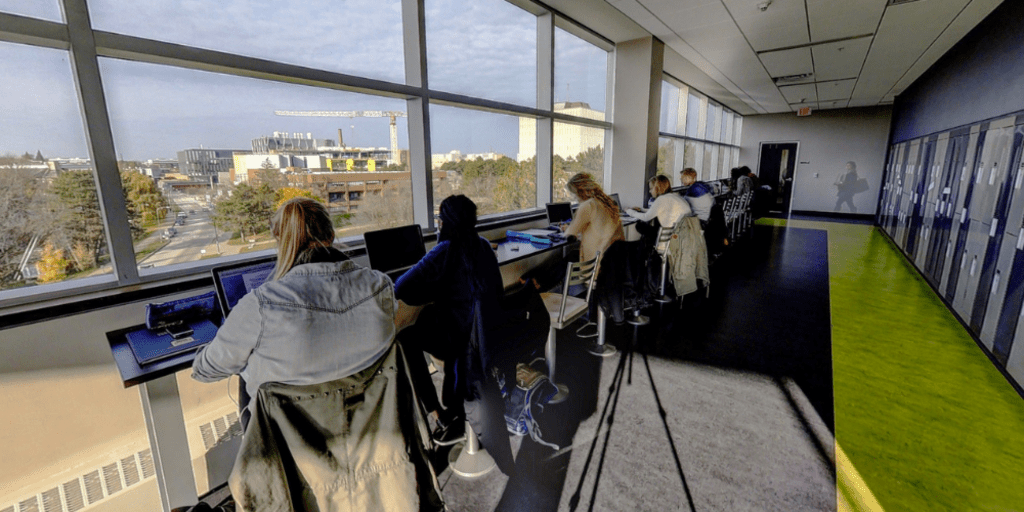Estimated reading time: 1 minute
The leading world body for the assessment of climate change, the Intergovernmental Panel on Climate Change (IPCC), has released its final installment of the Sixth Assessment Report. The AR6 Synthesis Report: Climate Change 2023 summarizes the state of knowledge of climate change and indicates there are multiple, feasible and effective options to reduce greenhouse gas emissions and adapt to human-caused climate change, but we must act now to secure a livable future for all.
“Mainstreaming effective and equitable climate action will not only reduce losses and damages for nature and people, it will also provide wider benefits,” said IPCC Chair, Hoesung Lee. “This Synthesis Report underscores the urgency of taking more ambitious action and shows that, if we act now, we can still secure a livable sustainable future for all.”
The Synthesis Report integrates the main findings of the Sixth Assessment Report (AR6) based on contributions from the three working groups and the three special reports. This work is the result of the efforts of hundreds of scientists and experts who have contributed as IPCC authors and assessed thousands of scientific papers, including Dr. Sarah Burch, Dr. Susan Elliott, Dr. Luna Khirfan, Dr. Linda Mortsch and Dr. Michelle Rutty from the Faculty of Environment.
Read the full IPCC press release and discover more about the researchers who contributed to the report.

